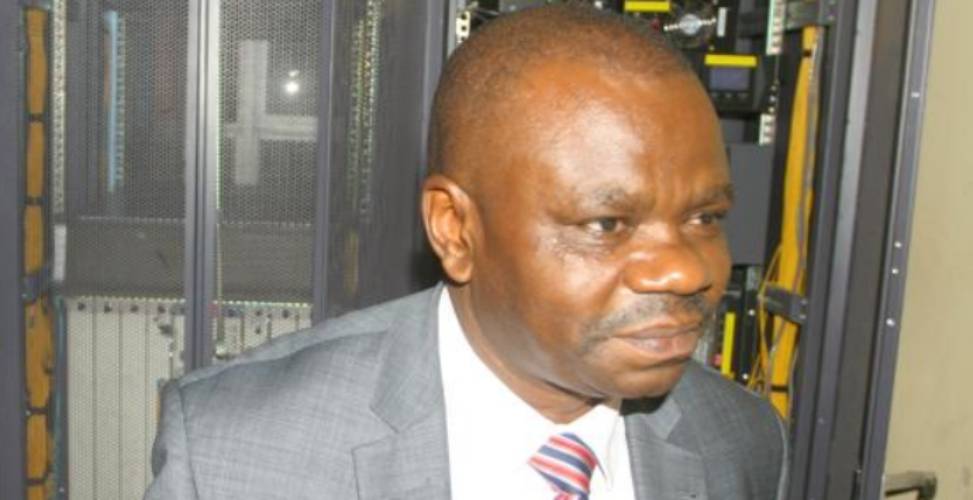×
The Standard e-Paper
Stay Informed, Even Offline

ICT PS Jerome Ochieng during the launch of National Fibre Optic Backbone Information Network in Kisumu. (Collins Oduor, Standard)
The Auditor General has flagged the multi-billion National Fibre Optic Backbone (NOFBI) project over opaque tendering processes.







